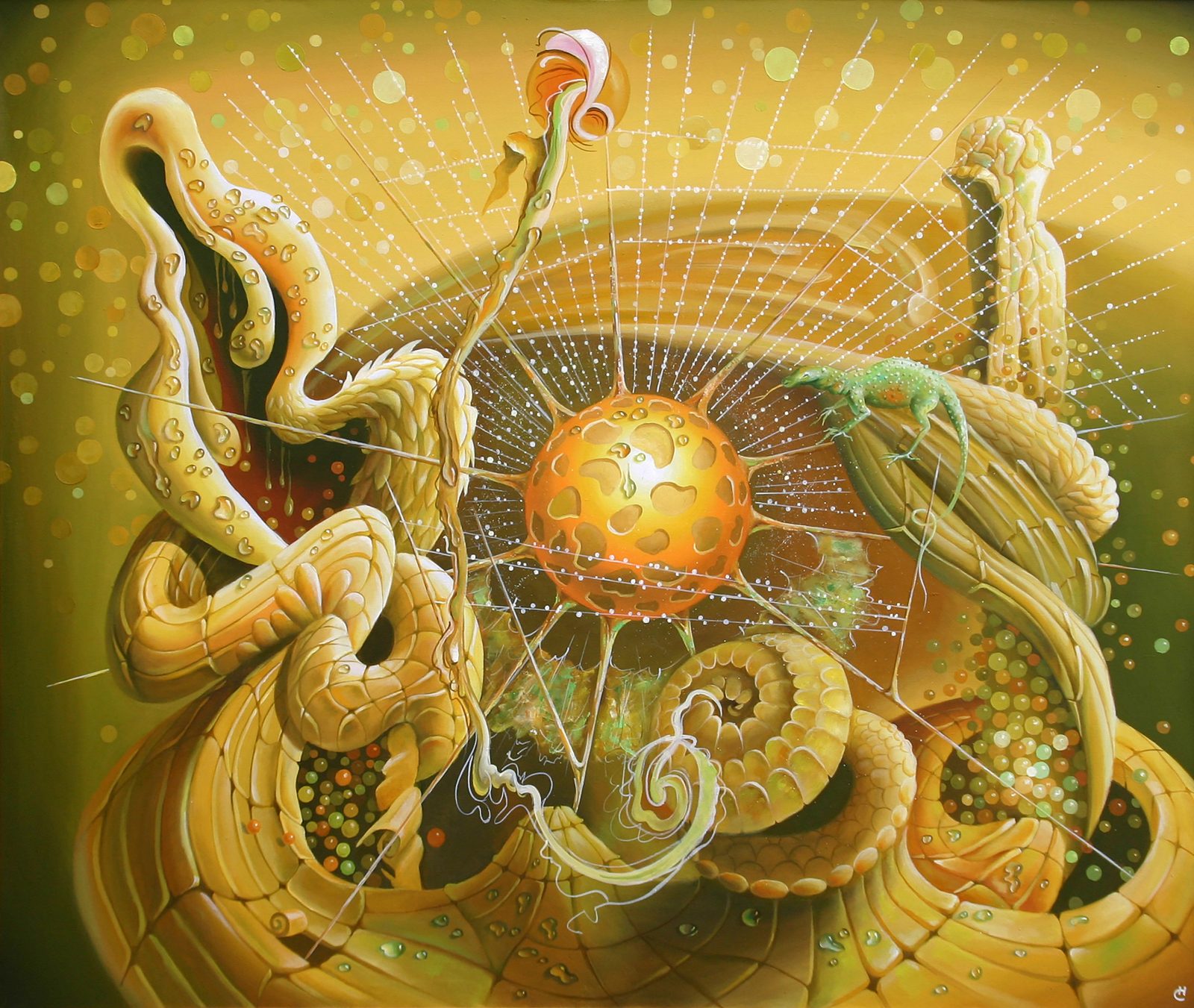
Darwin’s Rhetorical Foundation of Sand: Theological Utilitarianism
On this ID the Future, biophysicist Cornelius Hunter explores Charles Darwin’s theological arguments for his theory of evolution. By theological, Hunter doesn’t mean that Darwin was arguing for theistic evolution. He means that Darwin received what is known as theological utilitarianism from the intellectual culture of his youth, which had strong deistic tendencies and expected everything in creation to be perfectly adapted, and he made a case against it, presenting mindless evolution as a better explanation for his observations of the biological world than theological utilitarianism. But one problem with this approach, according to Hunter, is that it assumed that theological utilitarianism is THE alternative to blind evolution. In fact, there are other alternatives, including an orthodox Judeo-Christian understanding of Read More ›


